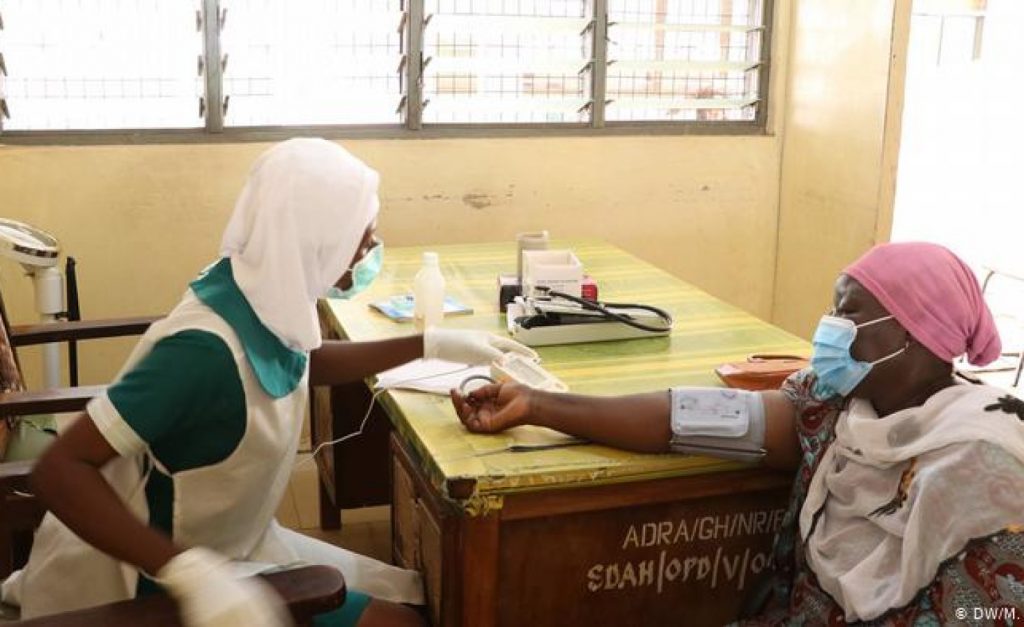As governments divert resources to deal with the public health crisis, safety, security and access to justice services will no longer be readily available to victims of domestic violence. This is according to a report by the Economic Commission for Africa (ECA) on the impact of COVID-19 in Africa.
Speaking during an online media briefing on how the pandemic affects women, ECA’s director for Gender, Poverty and Social Policy, Thokozile Ruzvidzo said: “domestic violence rates are rising, with COVID-19 lockdowns keeping families at home together for longer periods and women unable to leave an unsafe situation.”

Ms Ruzvidzo said the situation was exacerbated by the fact that women constitute the majority of front-line medical care staff:
“65 per cent of nurses in Africa are female. As nurses greatly outnumber doctors, women make up the vast majority of front-line medical care staff risking exposure to COVID-19.”
She pointed out that women also constitute the majority of health facility service staff such as cleaners, laundry workers, catering assistants and that “such cohorts face a clear risk of increased exposure to COVID-19.”
According to the ECA report titled, “COVID-19 in Africa Protecting Lives and Economies,” women make up approximately 70 percent of cross-border traders in Africa. This means their economic activity is limited and their incomes are severely affected as a consequence of border closures.
The report also notes that “since women tend to operate in the informal sector, they are not protected by insurance or eligible for any government schemes aimed at businesses (such as credit facilities) or formal employees (such as wage subsidies). A different set of interventions, therefore, needs to be considered for them and the broader informal sector.”
Another important factor, said Ruzvidzo, is that “low levels of access to electricity and clean drinking water sources in Africa force women to spend significant unpaid work time on collecting firewood and water and in the process increases the probably of further ill health effects associated with COVID-19.”
Consequently, at least a “$100 billion fiscal stimuli is needed to immediately address the urgent healthcare needs, provide safety net for the most vulnerable, protect jobs and support economic activity where possible,” said Mr Armah
Gender-aware planning and decision-making
Ms Thokozile Ruzvidzo highlighted the need for the following:
Gender-aware analysis: Increased use of sex-disaggregated data to analyse the differential effects of COVID-19 on men and women and the economic growth effects of accentuated gender inequalities.
Gender-aware policy-making: Plan for future public health emergencies to take account of differential needs of men and women – Fiscal Space and Gender Budget Planning
Participation in decision-making: Greater participation of women in decision-making positions in public health and emergency response to ensure that the needs of women and girls are adequately taken into account (Only 13 African Governments have female Ministers of health, and only 9 of these are medical doctors).
The webinar was a first in a series of virtual press briefings organized by the ECA in collaboration with the African Women in Media (AWiM) network. The next session is scheduled for 11 May 2020 at 16:00 ( Addis Ababa time) and will focus on trade, SMEs, and the private sector.

